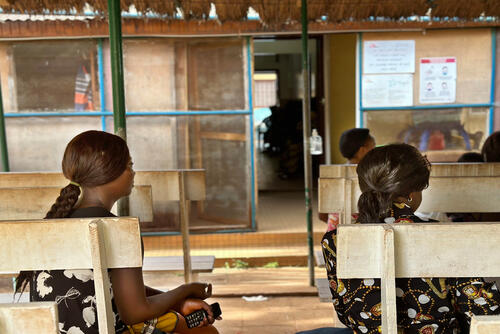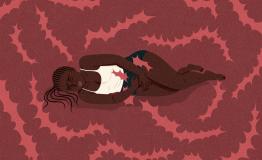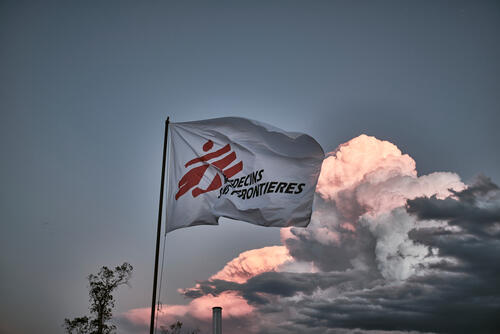Between 2018 and 2022, teams from Médecins Sans Frontières (MSF) in the Central African Republic (CAR) took care of over 19,500 survivors of sexual violence across the country.
During the same period, the United Nations sexual and reproductive health agency (UNFPA) documented 14,907 other cases of sexual violence in CAR reported by other humanitarian organisations working in the country, or by state structures.
This report outlines the public health emergency that sexual violence has become in CAR, with recommendations to address the crisis.
Tongolo (“star” in local language Sango), a holistic project opened by MSF at the end of 2017 in the capital, Bangui, accounted for 66% of the cases seen by MSF. The project provides medical treatment and mental health support, as well as guidance to pursue legal action and obtain protection, such as emergency shelter or socio-economic support.
MSF teams also took care of patients for sexual violence at a dozen other locations, in nearly every corner of the Central African Republic. Numerous gaps were noted at different levels in terms of assistance for the survivors as well as huge challenges for them to access care.






